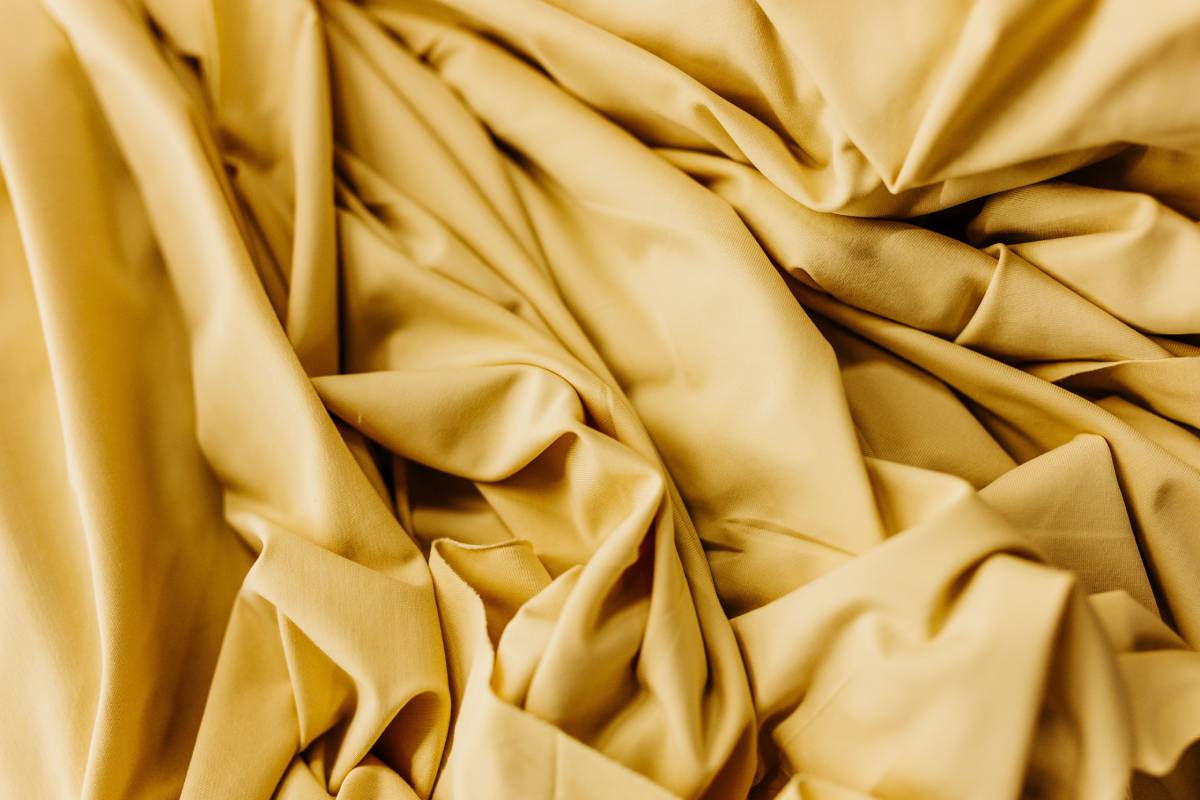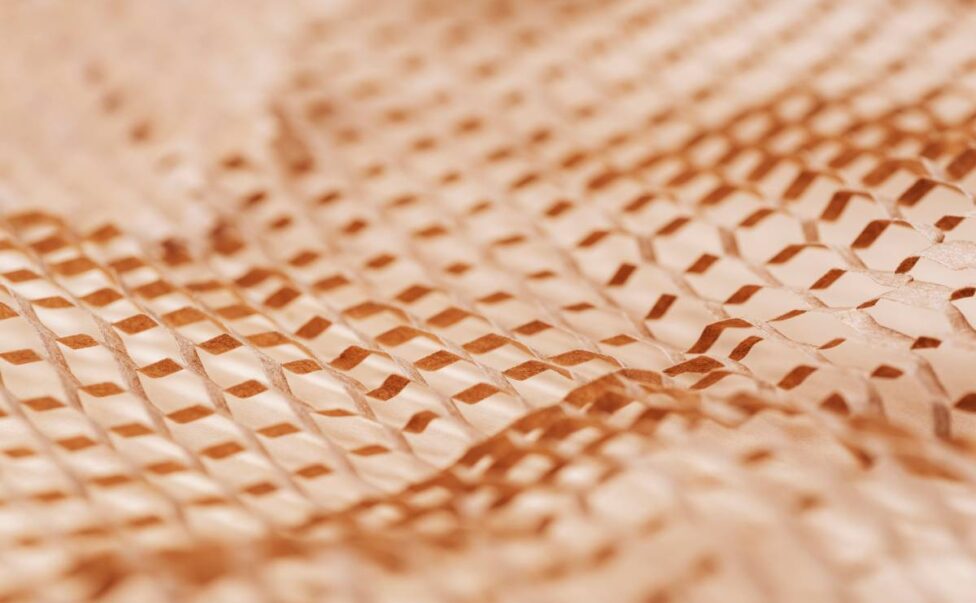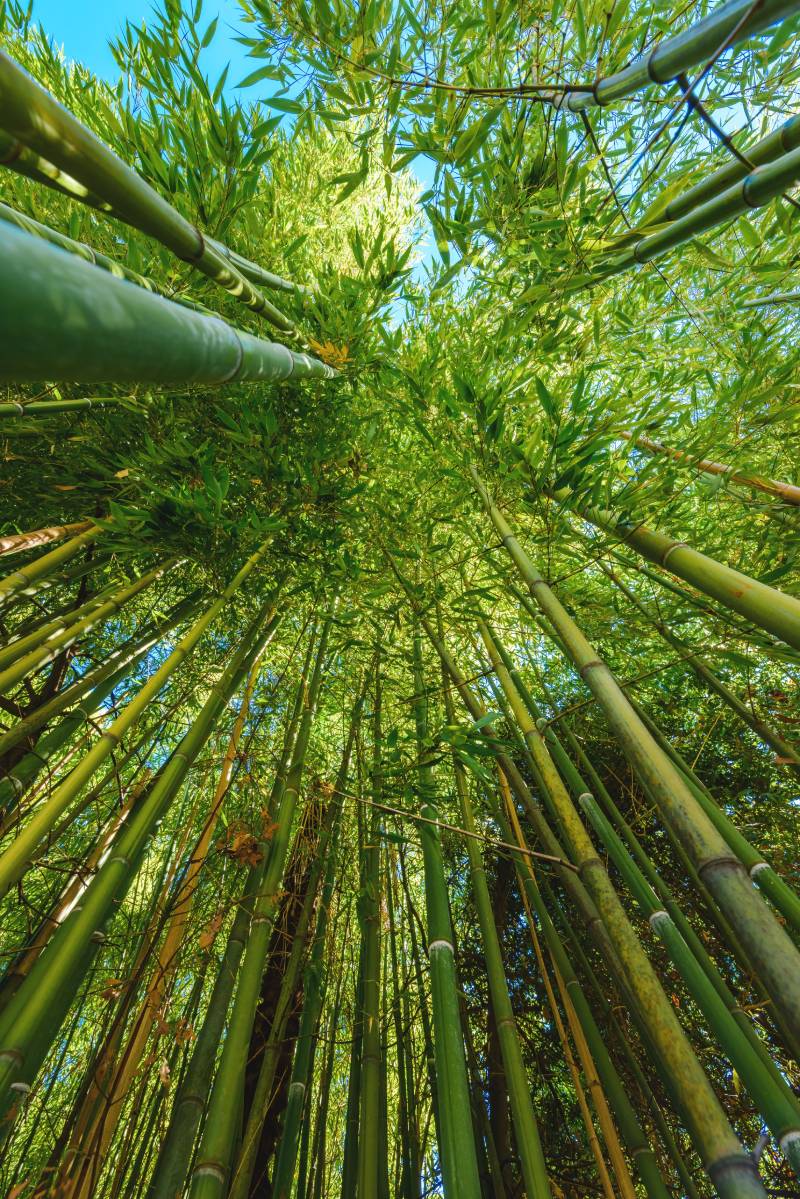What is bamboo fabric? Pros and cons of bamboo fabric? Is bamboo fabric better than cotton?
Bamboo fabric is all the rage right now for people who want to be eco-friendly and comfy at the same time. It’s a versatile textile made from bamboo, which is known for its natural properties and speedy growth. You can find bamboo fabric in clothing, bedding, towels, and even baby products. It’s so luxurious and sustainable that everyone’s talking about it! Bamboo fabric is silky-soft and has moisture-wicking abilities, making it perfect for those who want to be comfy while also being kind to the planet.
Bamboo fabric comes with several pros and cons:
Pros
- Sustainability: Bamboo is a fast-growing renewable resource that requires minimal water and pesticides to grow, making it a more eco-friendly alternative to conventional fabrics like cotton.
- Softness: Bamboo fabric is known for its soft and luxurious feel, often compared to silk or cashmere.
- Breathability: Bamboo fabric is highly breathable, allowing for better airflow and moisture-wicking properties, which can help keep you cool and comfortable in warm weather.
- Hypoallergenic: Bamboo fabric is naturally hypoallergenic and is less likely to cause allergic reactions or irritate sensitive skin.
- Antibacterial: Bamboo has natural antibacterial properties, which can help inhibit the growth of odour-causing bacteria, keeping clothing fresher for longer.
Cons
- Chemical Processing: While bamboo is a sustainable material, the chemical process used to turn bamboo into fabric, especially in the viscose or rayon production method, can be harmful to the environment if not managed properly. Some chemicals used in the process are potentially hazardous if not properly disposed of.
- Lack of Regulation: There may be variations in the quality and environmental friendliness of bamboo fabric depending on the manufacturer. Some bamboo fabrics may be labelled as “bamboo rayon” or “bamboo viscose,” which can lead to confusion about the true nature of the fabric and its environmental impact.
- Durability: While the bamboo fabric is soft and comfortable, it may not be as durable as some other fabrics like cotton or polyester. It may be more prone to pilling or shrinking if not cared for properly.
- Limited Availability: Bamboo fabric may not be as widely available as other types of fabric, making it harder to find or more expensive in some regions.
- Environmental Impact of Transportation: While bamboo itself is sustainable, the environmental impact of transporting bamboo fibres or fabric long distances can negate some of its eco-friendly benefits if not sourced locally.
Overall, the bamboo fabric offers many benefits, particularly in terms of sustainability and comfort, but it’s essential to consider both the production process and the specific qualities of the fabric when making a decision. Look for certifications or transparent sourcing practices to ensure that the bamboo fabric you choose aligns with your values and priorities.

Is bamboo fabric better than cotton?
Determining whether bamboo fabric is better than cotton depends on various factors and individual preferences. Here’s a comparison of bamboo fabric and cotton:
- Sustainability: Bamboo is often considered more sustainable than cotton because it requires less water, pesticides, and land to grow. Bamboo also grows quickly and regenerates without the need for replanting. However, the chemical processing involved in turning bamboo into fabric can raise environmental concerns, especially if not managed properly. Cotton, on the other hand, is a thirsty crop that requires significant water and pesticides to grow, but it doesn’t undergo chemical processing to the same extent as bamboo.
- Softness: Bamboo fabric is renowned for its soft and luxurious feel, often compared to silk or cashmere. Cotton is also soft, but bamboo fabric may have a slight edge in terms of smoothness and silkiness.
- Breathability: Both bamboo and cotton are breathable fabrics, allowing for airflow and moisture-wicking properties. However, some people find bamboo fabric to be more breathable and better at regulating temperature, especially in warm weather.
- Durability: Cotton is known for its durability and ability to withstand frequent washing and wear. While the bamboo fabric is soft and comfortable, it may not be as durable as cotton and could be more prone to pilling or shrinking if not cared for properly.
- Hypoallergenic Properties: Bamboo fabric is naturally hypoallergenic and less likely to cause allergic reactions or irritate sensitive skin compared to cotton. This makes bamboo fabric a preferred choice for those with allergies or skin sensitivities.
- Environmental Impact: Both bamboo and cotton have environmental impacts associated with their production. While bamboo requires fewer resources to grow, the chemical processing involved in turning it into fabric can be environmentally harmful if not managed responsibly. Cotton cultivation, on the other hand, is water and pesticide-intensive, but it doesn’t involve the same chemical processing as bamboo fabric production.
Ultimately, whether bamboo fabric is better than cotton depends on your priorities, such as sustainability, softness, breathability, durability, and environmental concerns. Consider these factors when making a decision based on your personal preferences and values.
Bamboo fabric can be used in various ways due to its unique properties. Some of the best uses of bamboo fabric include:
- Clothing: Bamboo fabric is commonly used in clothing due to its softness, breathability, and moisture-wicking properties. It’s suitable for a wide range of garments, including T-shirts, underwear, socks, leggings, activewear, and even formal wear like dresses and suits.
- Bedding: Bamboo fabric is also popular for bedding items such as sheets, pillowcases, duvet covers, and blankets. Its softness and hypoallergenic properties make it ideal for creating comfortable and luxurious bedding that promotes better sleep.
- Towels and Bathrobes: Bamboo fabric is highly absorbent and quick-drying, making it well-suited for towels and bathrobes. Bamboo towels are soft, plush, and gentle on the skin, providing a spa-like experience at home.
- Baby Products: Bamboo fabric’s hypoallergenic and gentle nature makes it ideal for baby clothing, blankets, bibs, and other baby products. It’s soft, breathable, and less likely to cause irritation or allergic reactions, making it suitable for sensitive baby skin.
- Active and Outdoor Wear: The moisture-wicking and temperature-regulating properties of bamboo fabric make it suitable for outdoor and activewear. It helps keep the body cool and dry during physical activities, making it a popular choice for hiking gear, yoga clothes, and athleisure wear.
- Undergarments and Intimate Apparel: Bamboo fabric’s softness, breathability, and antibacterial properties make it a comfortable and hygienic choice for underwear, bras, lingerie, and other intimate apparel.
- Sustainable Fashion: Due to its eco-friendly properties, bamboo fabric is often used in sustainable fashion brands that prioritize ethical and environmentally conscious production methods. It offers consumers a more sustainable alternative to conventional fabrics like cotton or polyester.
Overall, bamboo fabric’s versatility and beneficial properties make it suitable for various applications in apparel, home textiles, and beyond.


 Mechanical Process: In this method, the bamboo stems are crushed and then natural enzymes break down the bamboo walls into a mushy mass. The fibres are then combed out and spun into yarn.
Mechanical Process: In this method, the bamboo stems are crushed and then natural enzymes break down the bamboo walls into a mushy mass. The fibres are then combed out and spun into yarn.